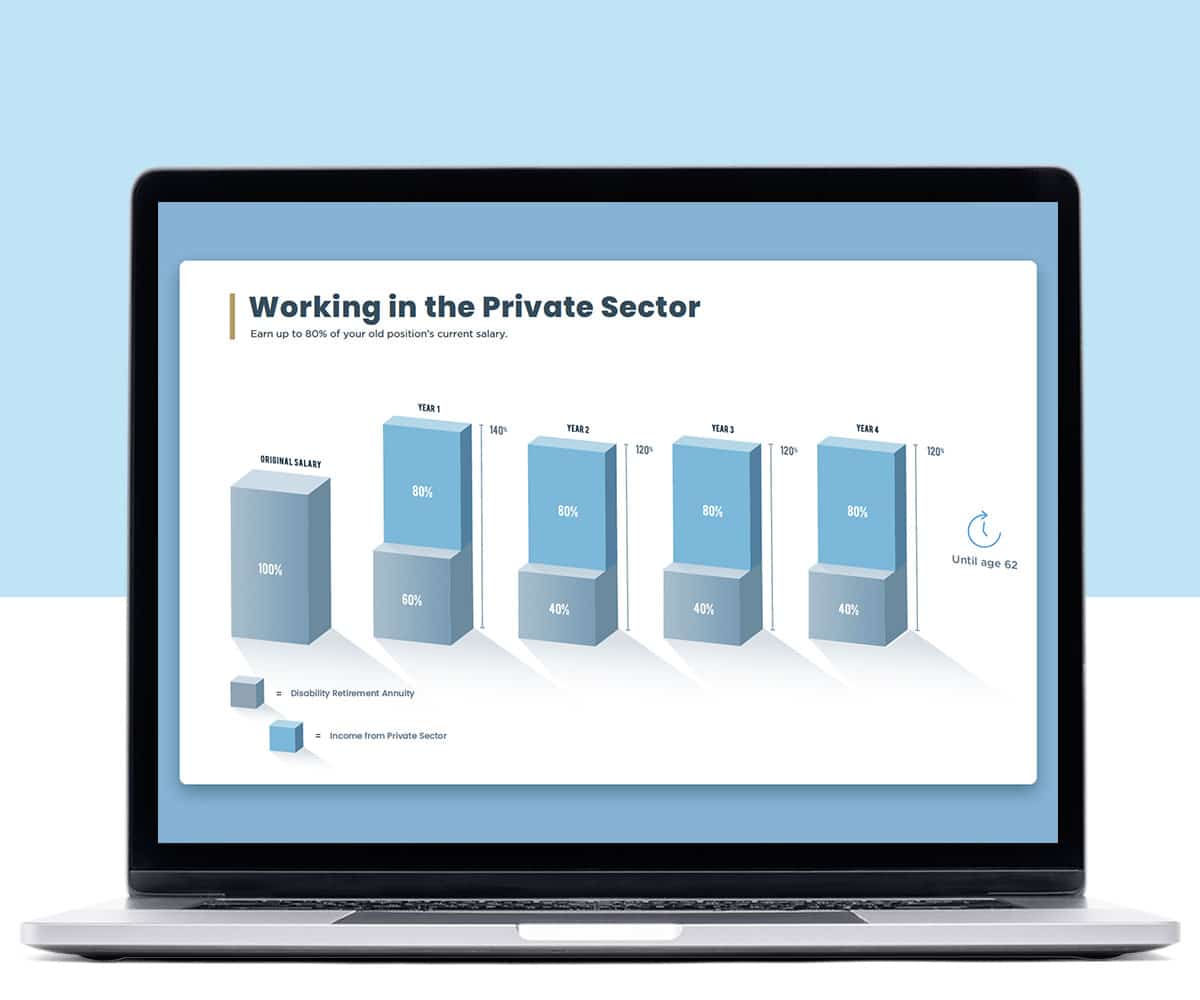If you were recently fired from your position with a federal government agency, you should be aware of your legal rights.
One of these rights is that you may still be eligible to receive Federal Disability Retirement benefits despite your termination. However, you will have only one year from the date of your separation to submit your application. (You can find this date by looking at the SF-50 form in your Official Personnel Folder.)
A new report from the U.S. Merit Systems Protection Board (MSPB) provides an overview of many other rights you have, including the right to have your agency follow due process when removing you from your position. The report is entitled, “What is Due Process in Federal Civil Service Employment?”
Due process means that your agency must give you:
- A meaningful opportunity to know the charges against you (such as poor job performance or conduct issues) and the penalty (suspension, demotion or removal) so that you can present a defense
- An opportunity to appeal a serious adverse employment action to an “impartial adjudicator.”
The MSPB issued the report on May 11, 2015. The report not only explains civil service laws that apply to “adverse actions” taken by federal employers, it also provides a history behind those laws and much other helpful information.
Report Clears Up ‘Misconceptions’ About Federal Employment
A very interesting section of the report discusses myths about adverse actions in federal employment. The report lists common misconceptions and provides detailed explanations to clarify those matters, including:
- It is impossible to fire a federal worker. Not true, the report states. In fact, during the period between 2000 and 2014, more than 77,000 full-time, permanent employees of the federal government were fired due to performance or conduct.
- A federal worker can continue to be paid while appealing a firing. Actually, a fired federal employee cannot receive a salary after termination – even if the matter is being appealed. However, if the employee’s removal is reversed on appeal, the employee can file for reinstatement and back pay. A federal worker can also go forward with applying for disability retirement benefits if they believe they are eligible.
- If a federal agency fails to respect an employee’s constitutional rights, it cannot take an adverse employment action. It’s not that simple. The agency can fix its procedural mistakes and still go forward with the firing, suspension or demotion. If an adverse action is reversed on appeal for constitutional violations, the federal agency can take the action again (as long as it complies with civil service laws).
As we have seen at Harris Federal Law Firm, federal agencies do not always do the best job of explaining workers’ rights to them. This can lead to the above misconceptions.
If you have any questions about your rights as a federal worker with a medical condition that is keeping you from doing your job, please feel free to contact us.
We can explain your ability to seek federal disability retirement benefits as well as what you can expect to happen during the process.
Harris Federal features three offices, including one in Washington, D.C., and we assist injured and disabled federal employees throughout the U.S. and abroad.



